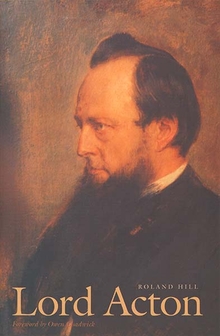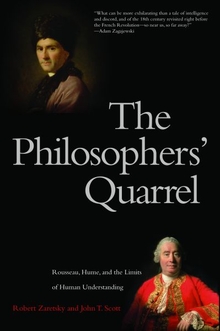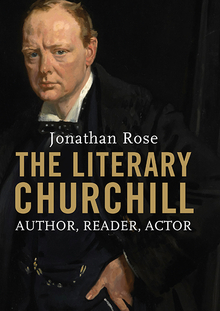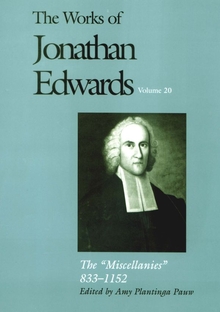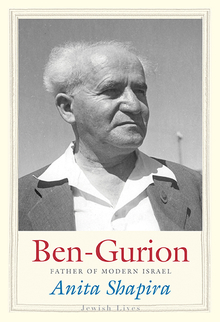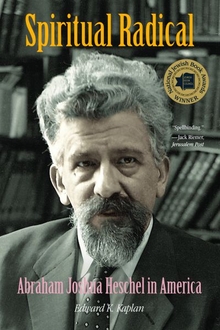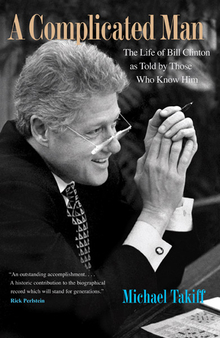Lord Acton
WARNING
You are viewing an older version of the Yalebooks website. Please visit out new website with more updated information and a better user experience: https://www.yalebooks.com
Roland Hill; Foreword by Owen Chadwick
Lord Acton (1834–1902), numbered among the most esteemed Victorian historical thinkers, was much respected for his vast learning, his ideas on politics and religion, and his lifelong preoccupation with human freedom. Yet Acton was in many ways an outsider. He stood apart from his contemporaries, doubting the notion of unlimited progress and the blessings of nationalism and democracy. He differed from fellow members of the English upper class, holding to his Catholic faith. And he angered other Catholic believers by fiercely opposing the doctrine of papal infallibility. In this remarkable biography, Roland Hill is the first to make full use of the vast collection of books, documents, and private papers in the Acton archives to tell the story of the enigmatic Lord Acton.
The book describes Acton’s extended family of European aristocrats, his cosmopolitan upbringing, and his disrupted education. Drawing a lively picture of politics and religion at the time, Hill discusses Acton’s brief career as a Liberal member of Parliament, his work as editor and owner of learned Catholic journals, his battles for freedom for and in the Catholic Church, his friendship with William E. Gladstone, and his seven years as Regius Professor of Modern History at Cambridge University. Though unable to complete The Cambridge Modern History series he envisaged, Acton transformed historical study and left a legacy of ideas that continues to influence historians today.
“Masterly. . . . This book is a major contribution to nineteenth-century scholarship, and an enormous pleasure to read.”—Sheridan Gilley, The Catholic Historical Review
“Roland Hill has written a superb biography of Lord Acton, making excellent and extensive use of archival materials.”—Frank M. Turner, Yale University
“Lord Acton’s reflections on liberty are the deepest we possess. ´Liberty is not the power of doing what we like,’ he writes ‘but the right to do what we ought.’ Roland Hill’s unveiling of new materials on Acton is highly welcome. May it prompt many more studies of this fertile but neglected thinker.”—Michael Novak
“For those with a special interest in the Victorian age, this will be a delightful read. Even general readers should find value in this life of a man whose ideas still seem relevant to a new century.”—Booklist
“In this well-researched and coherently written biography, Hill . . . draws on known publications as well as Acton’s private notes.”—Library Journal
“[This book] is welcome, not only because it is meticulously and comprehensively researched . . . but also because it fleshes out little-known details of his personal life and relationships, his travels, financial difficulties, and the like. No less important, it inspires us to return to Acton’s own writings and to reevaluate a mind that is far more complicated and challenging than we may have thought.”—Gertrude Himmelfarb, New Criterion
“A marvelously solid, clear-headed and unpartisan biography, which rightly restores to prominence this most untypical of Victorian Englishmen. . . . This is a work of historical reconstruction of which Acton himself might have been proud.”—Noel Malcolm, Sunday Telegraph
“Roland Hill does have a nice gift for the telling personal detail. Few readers will be left unmoved by the scene in which Acton closes his dying daughter Elizabeth’s eyes with the words ‘Be glad, my child, you will soon be with Jesus Christ.”—George Weigel, Washington Post
“An absorbing and impressive account of Acton’s life.”—Michael Bentley, Times Literary Supplement
“Impressive and carefully researched . . . necessary reading for anyone interested either in religion or history.”—Asa Briggs, Literary Review
“A worthy book.”—Philip Ziegler, Daily Telegraph
“In Roland Hill, Lord Acton has found a superb biographer.”—Ingrid A. Merikoski, Religion and Liberty
“[An] excellent biography of one of Europe’s most learned and erudite scholars.”—Andrew Roberts, The Times (London)
“[A] meticulous and absorbing biography. . . . [Hill] succeeds brilliantly in making the case for Acton as an exemplar of high liberalism at its zenith. And this biography is so lovingly composed that it is almost impossible to resist. It is one of those rare works that breathes the nineteenth century. . . . There is much in this marvelous book that enlightens, and much that amuses.”—Niall Ferguson, New Republic
“[A] splendid biography, the most complete yet made of this complex Victorian. . . . Roland Hill does not sit in judgement of Acton. He is sympathetic, as a good biographer should be, but not sycophantic. . . . Hill makes clear the main events and persons and ideas of his life. This mystery of the man endures, safe from any final judgement on earth.”—John T. Noonan, New York Times Book Review
“Lord Acton has the status of a great historian and one of the most fascinating, wise, and erudite figures of the 19th century, even though his accomplishments were few. Hill captures both the international and the English aspects of a cosmopolitan life in this thorough and highly useful study. . . . Readers will be convinced of Acton’s importance and fascination, if somewhat mystified why that should be so.”—Choice
“[V]ery readable. . . . It is a book that fills a longstanding need, for . . . there has been no detailed and comprehensive biography of [Acton] until now. . . . Roland Hill’s fine new biography should help to make Acton known to a new generation of students and will also greatly interest those who have read some of his work and wish to gain a fuller understanding of his personal history.”—Perez Zagorin, Virginia Quarterly Review
“Roland Hill’s book is a magisterial, exhaustively researched study of the man that should stand as the definitive biography for a very long time.”—Gregory Claeys, American Historical Review
“Roland Hill’s Lord Acton does a fine job of explaining John Acton’s position in nineteenth-century European society. It chronicles his family life, personal affections, finances, and friendships well. Hill also gives an excellent account of Acton’s work in Catholic journals, at Vatican Council I, and at Cambridge.”—Studies in Western Civilization
“Roland Hill’s biography does not offer us judgments and conclusions but the rich fabric of a life and a detailed description of a past time. Acton’s grave is unknown and his bones are probably in the Beinhaus at Teegernsee. He has, however, a better monument than an identified grave in this extraordinary biography.”—Stephen J. Tonsor, Modern Age
“Roland Hill’s work will rightly be welcomed as the best biography yet to appear on Lord Acton.”—Colin Barr, Ecclesiastical History
Publication Date: August 31, 2011
60 b/w illus.

